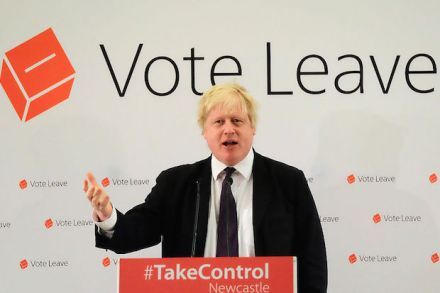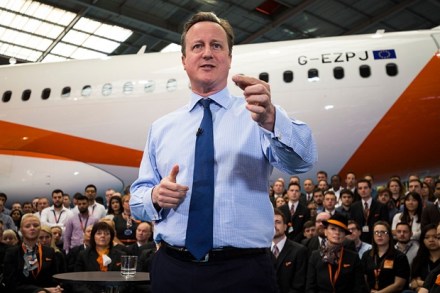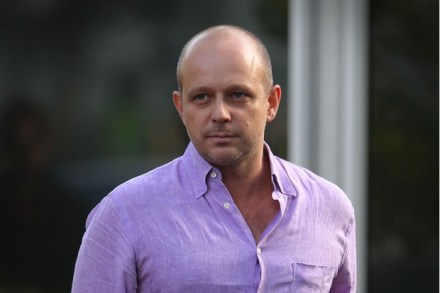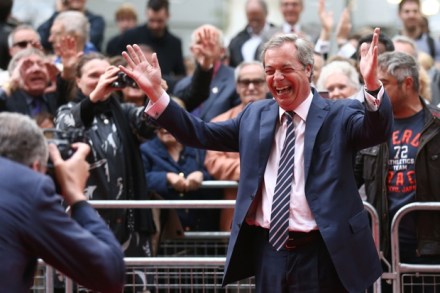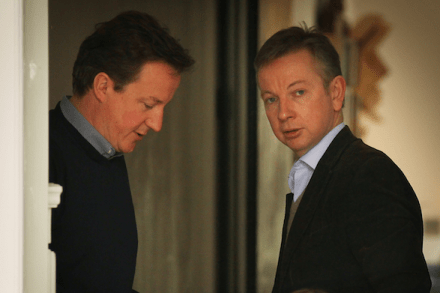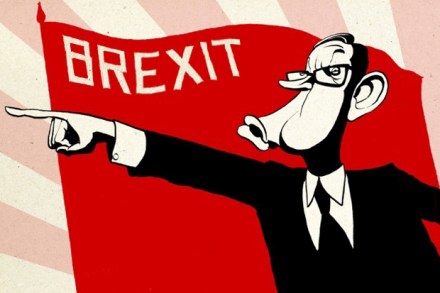An age of broken promises
An intelligent middle-aged, middle-class woman told me the other day that she plans to vote Leave on 23 June because she no longer believes a word that David Cameron says. She cited his pre-election pledges on repatriation of powers from Brussels, repeal of human right legislation and — of course — immigration. I said that, should she get her Brexit, the Prime Minister is likely to be supplanted by Boris Johnson, who conducts one-night stands with truth only on alternate wet Wednesdays. She was unmoved. She has convinced herself that Johnson the outsider, the roly-poly bundle of fun, Mr Feelgood, should be judged by different rules. He is not one of ‘them’,



